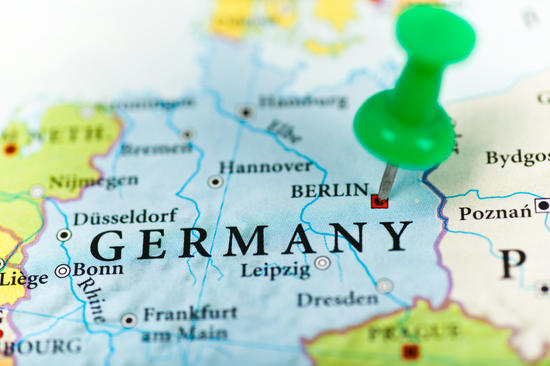This article first appeared on GuruFocus.
German lawmakers just signed off on a 1 billion ($1.2 billion) order for Israeli-made Heron drones, marking one of the first major defense deals under Chancellor Friedrich Merz’s push to supercharge military spending. The Bundestag’s budget committee also approved six-wheeled armored personnel carriers from Finnish firm Patria Land Oy, as well as a 114 million contract with Lockheed Martin (NYSE:LMT) to convert Patriot missile launchers for Ukrainian use. These are just a few of more than 80 procurements Berlin wants to lock in before year-endincluding 20 Eurofighter jets and thousands of new armored vehiclesunder Defense Minister Boris Pistorius’s plan to rearm at scale.
Merz isn’t tiptoeing. His coalition is targeting a near-doubling of Germany’s annual defense budget to as much as 162 billion over the next four years. That would put Berlin well above NATO’s new 3.5% GDP benchmark for core spending and signal a break from decades of postwar restraint. The goal? To transform the Bundeswehr into Europe’s most capable conventional force. But some deals, particularly with Israel, are testing the coalition’s political balancing act. Merz has voiced support for Israel’s security, but this week he publicly condemned Israeli airstrikes in Qatar targeting Hamas officials, calling them unacceptable.
The timing of the drone dealamid Prime Minister Netanyahu’s intensifying Gaza campaignhasn’t gone unnoticed. Still, Berlin appears committed to projecting strength both within Europe and through proxy support in Ukraine. The approved Patriot conversion kits, destined for Kyiv, reinforce that message. In the short term, Germany’s rearmament could catalyze a wave of defense-related capital deployment across the EU, especially if others follow suit. Longer term, it’s a signal that Germany isn’t just writing checksit’s rewriting its military doctrine. Investors betting on European defense tailwinds just got a major signal from Berlin.
